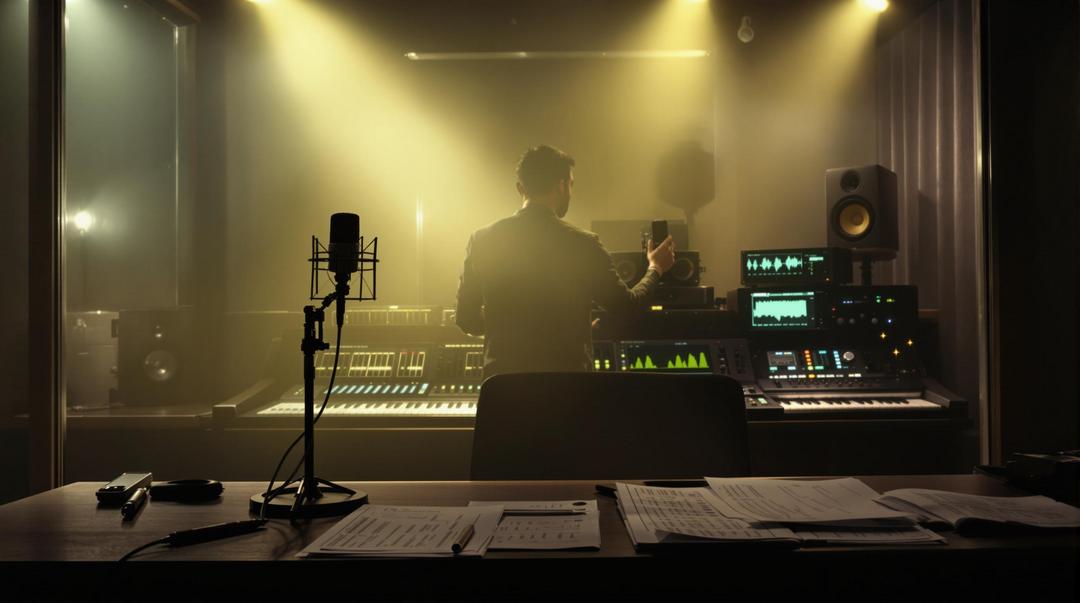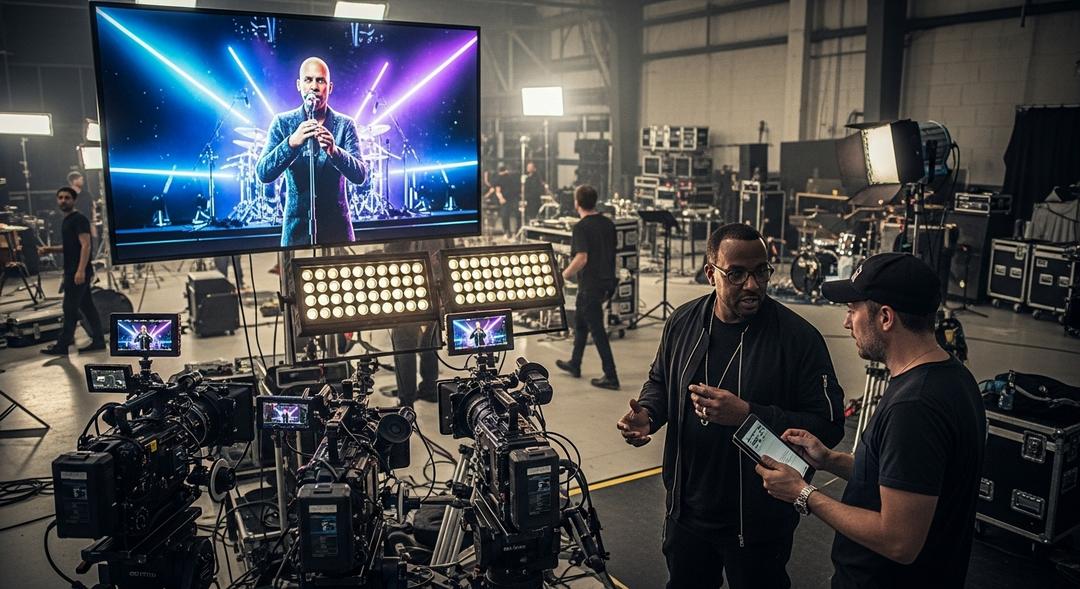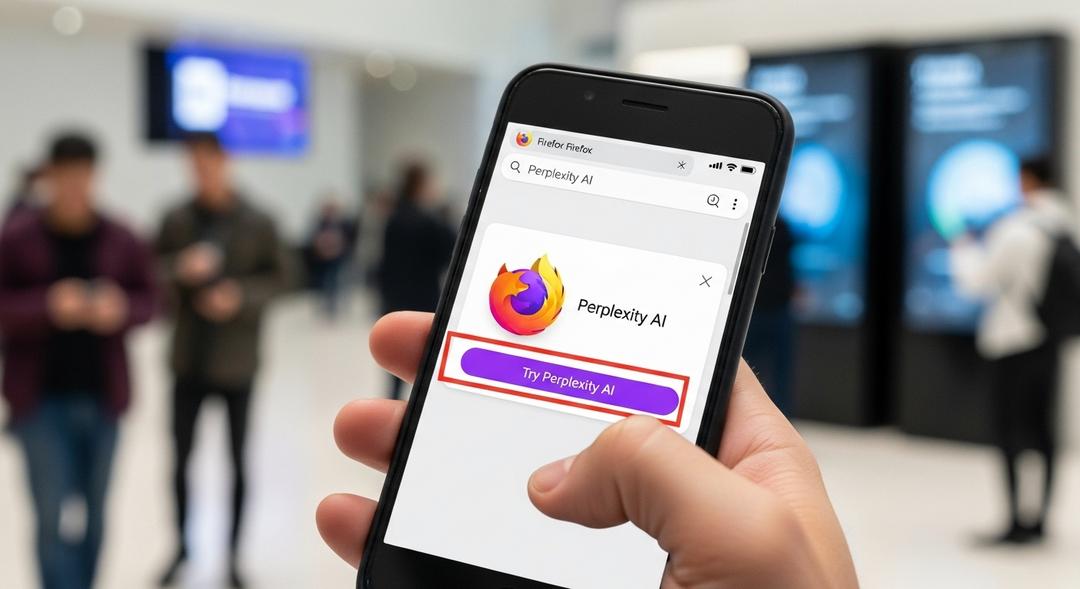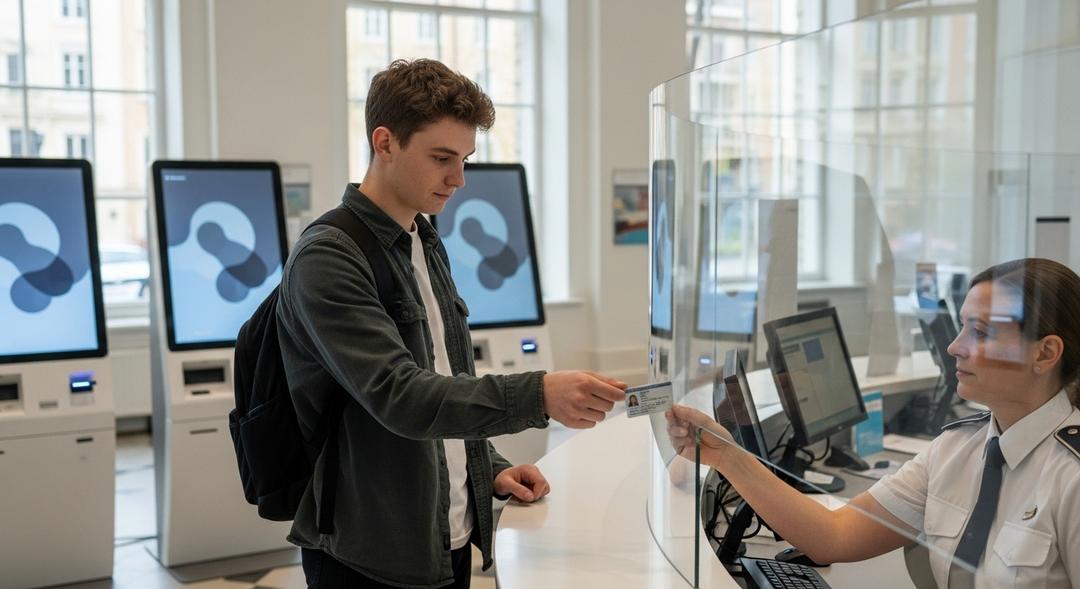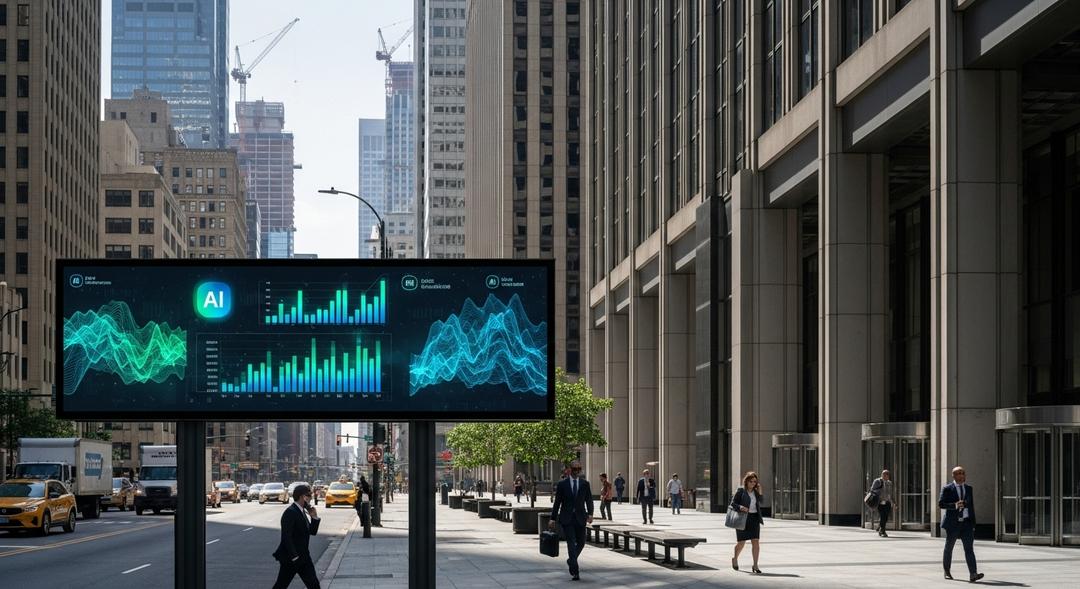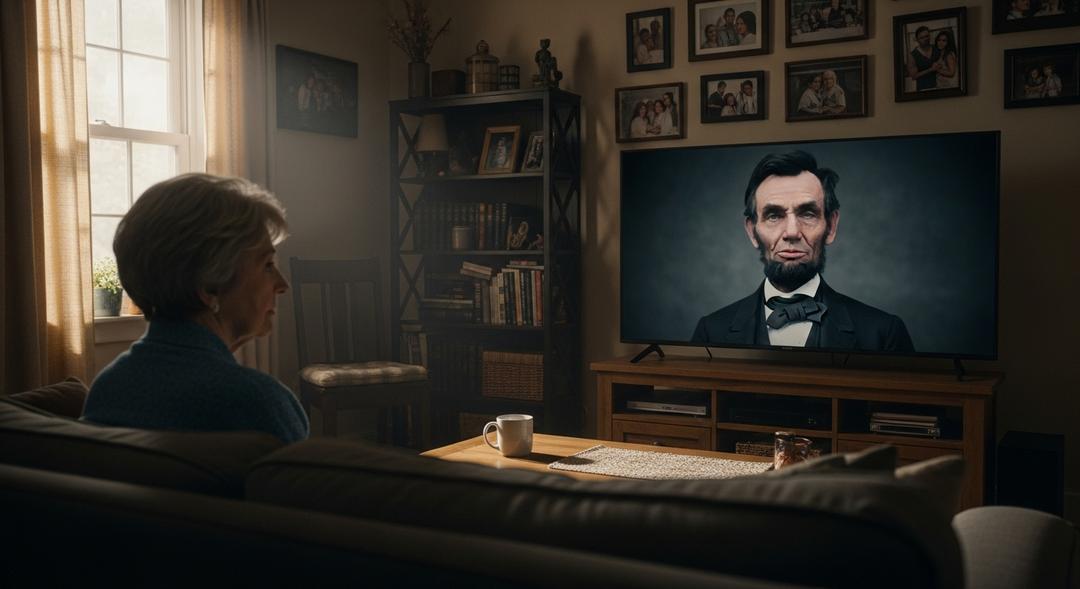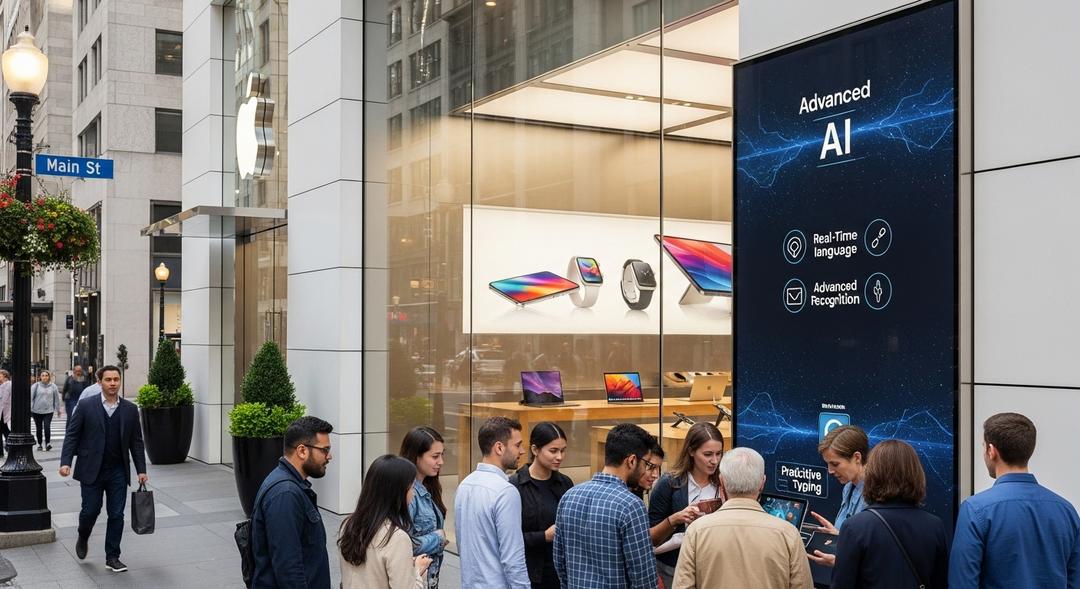To bring TaTa to life, Stage Zero uses music platform built around the rapid generation of entire songs from simple text prompts or snippets of melody. The approach is almost industrial: Timbaland and his team submit demos, let the platform process and transform the raw material, then top the tracks with lyrics from flesh-and-blood writers. For some watching this unfold, the technology offers creative freedom on an untold scale. For others, it foreshadows a world where the craft and passion of music are replaced with mechanical mimicry.
Backlash and Debate Swirl Around AI-Generated Artists
The conversation around AI-created music has become especially intense in recent months. From Spotify’s controversial use of AI in its annual Wrapped summaries to Meta’s removal of AI-generated accounts, it seems that each new use of generative technology ignites a fresh round of skepticism.
That skepticism came into sharp relief when respected engineer Young Guru, known for his work with Jay-Z, publicly pleaded with Timbaland. “Your voice is powerful and way too important to do anything like this,” Young Guru wrote, warning that human expression could never be replicated by code.
Faced with criticism, music tech companies are pressing ahead, arguing AI will ultimately empower more people to engage creatively. Mikey Shulman, a Suno co-founder, believes this shift addresses what he calls an imbalance between listeners and creators, contending, “We’re trying to get a billion people much more engaged with music than they are now.” However, many musicians feel sidelined by systems that recycle their work without credit or compensation.
Recent controversies haven’t improved matters. After unveiling TaTa, Timbaland was accused of feeding a beat by the independent artist K Fresh Music into Suno without permission, sparking questions about where AI platforms draw the line between inspiration and theft.
The Recording Industry Association of America has jumped in, orchestrating lawsuits against Suno and other similar platforms for alleged copyright infringement. The lawsuits claim hundreds of sound recordings have been copied and repurposed by AI tools, even as industry leaders debate the legal edges of using copyrighted material for training.
Worries about art’s soul keep surfacing, too. As Living Colour’s Vernon Reid said when shown an AI-generated blues track, “The long-running dystopian ideal of separating difficult, messy, undesirable, and despised humanity from its creative output is at hand.”
Despite all the debate, few AI-backed songs have gained much cultural traction. Attempts to clone superstars, like the 2023 viral AI track mimicking Drake and The Weeknd, have quickly fizzled. Yet tech entrepreneurs and investors are betting that the novelty of original AI “artists” like TaTa will feel different enough to catch on, or at least to alter what audiences expect from music itself.
